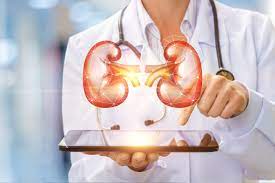The Federal Government has said some rich countries are stopping poor countries from procuring the COVID-19 vaccine.
Lai Mohammed, Minister of Information and Culture, said the financial strength of some countries to purchase the COVID-19 vaccine has caused “vaccine rationalism.”
He disclosed this during his speech to mark the World Tourism Day held in Birnin Kebbi, Kebbi State, on Monday.
According to Mohammed: “Apart from these priorities, however, there is the challenge posed to restarting tourism globally by ”vaccine rationalism”, which has heightened the inequality and inequity in the global vaccine distribution system.
“Today, rich countries are able to procure vaccines for their own citizens through direct agreements with pharmaceutical companies; while low and middle-income countries are lagging, unable to act as speedily as rich countries in securing the quantity of vaccines they need or unable to afford to pay for any at all. Whereas some rich countries are already talking of third booster shots, many low and middle-income countries have not even given one shot to their citizens.
“Added to this is the restriction placed on the citizens from certain countries by the rich nations. These restrictions, made possible by the use of ”vaccine passports”, as well as the low level of vaccination in the low and middle-income countries due to ‘vaccine rationalism’ that has seen the rich ones mop up available vaccines, are capable of thwarting the efforts to restart tourism. It is therefore imperative for the rich countries of the world to retrace their steps and embrace a collective and equitable global strategy for COVID-19 vaccine manufacturing, procurement, and distribution.
“They must also stop ineffective nationalistic disposition in COVID-19 responses. And COVID-19 response should be science-driven, with experts in epidemiology, virology, and the social sciences (not politicians) taking the lead in devising and implementing science-based strategies to reduce the risks that the pandemic poses to the most vulnerable across the globe and to reduce transmission of this novel virus.”





